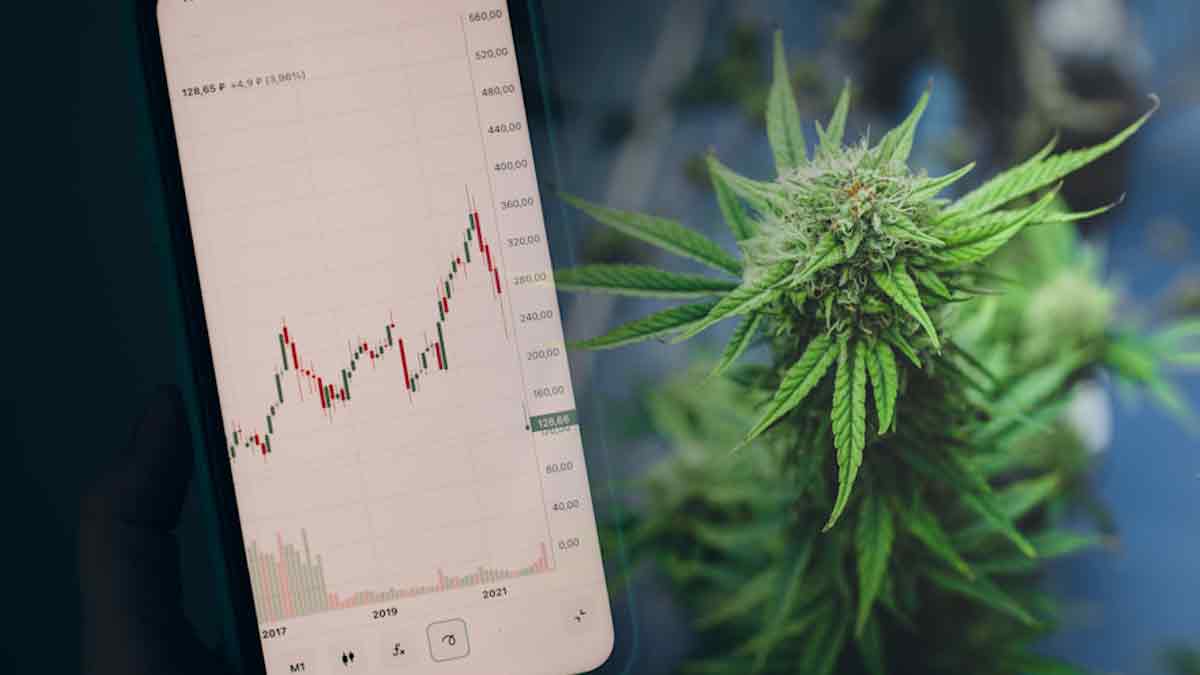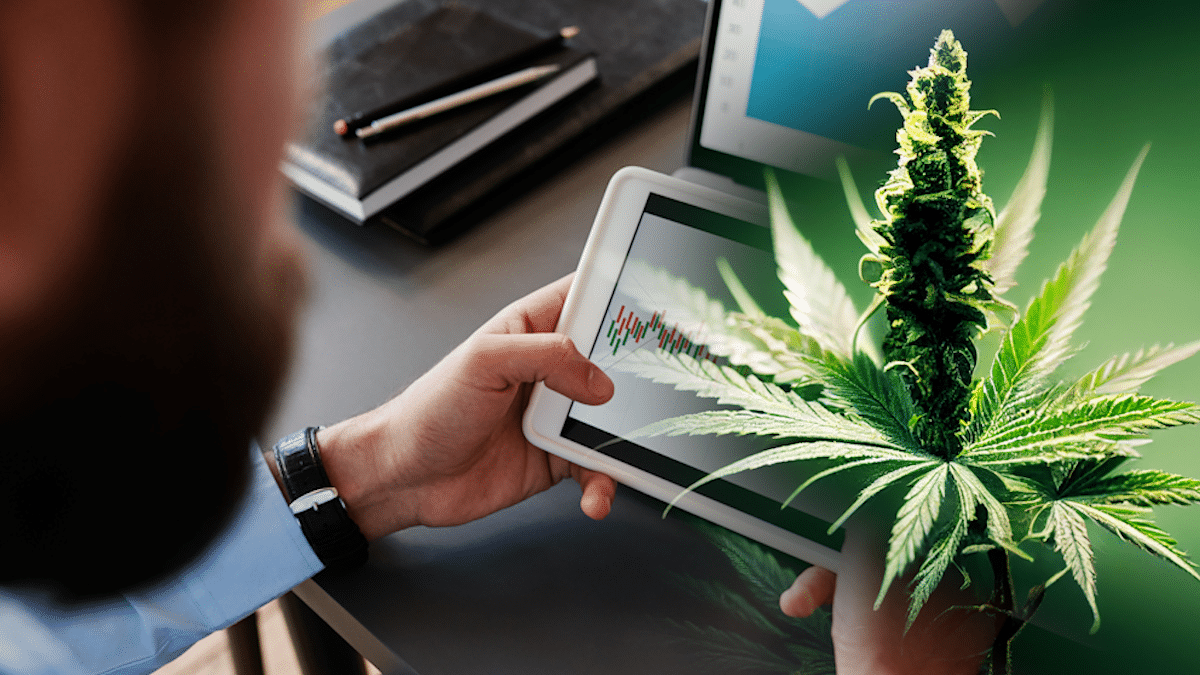British government regulators this past Tuesday ruled that products containing the cannabis-based ingredient cannabidiol, better known as CBD, are in fact medicines. The UK’s Medicines and Healthcare Products Regulatory Agency has provided companies who make products with marijuana 28 days to get a license to sell their products. Only one licensed CBD-containing medicine, a prescription medicine called Sativex for people with multiple sclerosis, is currently legal in the UK as well as 26 other countries, where it is also at times prescribed for people with pain related to particular cancers.
The name “Marijuana” is an all-encompassing term we use to talk about the plant. Each of these compounds has a variation of potential effects, ranging from pain relief to lowering blood pressure. Those sensations of euphoria or intoxication that have become so characteristically connected with marijuana can be credited to the plant’s main psychoactive ingredient, THC.
“Cannabis contains many constituents. It’s not just THC. And whether these have medicinal properties that can be used, the answer is very likely, and they should be studied,” Dr. Jeffrey Lieberman, the director of the New York State Psychiatric Institute and the chair of Columbia University’s department of psychiatry, recently told Business Insider.
Cannabidiol is thought to be accountable for many of marijuana’s therapeutic impacts, from pain relief to a potential treatment for epilepsy.The Britain-based drug company GW Pharmaceuticals is trying to win American regulatory approval for its CBD-containing drug, Epidiolex, to treat rare forms of childhood epilepsy.
Investigative researchers believe it may reduce swelling, a component of painful illnesses like rheumatoid arthritis. A preliminary 2005 study of 58 patients with rheumatoid arthritis, roughly half of whom were given a placebo and roughly half of whom were given the cannabis-based medicine Sativex discovers that “Statistically significant improvements in pain on movement, pain at rest … and quality of sleep” in the patients using the medicine.
Still, marijuana’s official designation in the UK as a drug with no “Therapeutic value” means it remains difficult to examine.
That can be frustrating to scientists who, regardless of their position on its legal status, almost uniformly agree that more rigorous scientific analyses of the drug are desperately needed.
“We clearly do not have that much research about marijuana, and you need to know what chemical is carrying out its effects,” Dr. Yasmin Hurd, a professor of neuroscience and psychiatry at the Icahn School of Medicine at Mount Sinai in New York City, told Business Insider this past fall.
“Like many plants, marijuana has many different chemicals. There are specific components of the plant that can be developed for medical interventions,” Hurd stated.
There’s still a lot to understand about which compound is responsible for which effect.
MAPH Enterprises, LLC | (305) 414-0128 | 1501 Venera Ave, Coral Gables, FL 33146 | new@marijuanastocks.com










